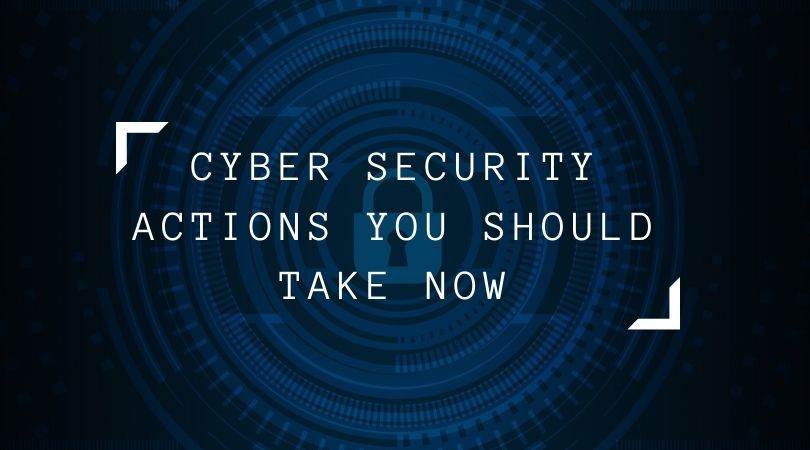It has become easy to set up an eCommerce website nowadays. However, keeping your site safe from fraud and hacking is an altogether different story. You know very well that just one major breach can lead to a lot of pain – not only in terms of money that it takes to fix the breach but also lost reputation in the eyes of customers. In some cases, it may also spell the end for your business.
Sometimes, the most effective ways of tackling any problem are to pay attention to simple things. You understand that you must take effective steps to keep your site safe from bad guys. However, once you start going down that path of plugging website vulnerabilities, you are faced with convoluted solutions and complex topics. There still are some simple cyber security actions that you can take now to improve the security of your website.
Keep your website software up to date
It is extremely important that you keep all your software platforms, plugins and scripts up to date. Hackers are constantly trying to target security holes found in popular web development software. It is important that you keep your website software updated to get these security holes patches regularly. Do not get lazy in maintaining and updating every piece of software product that you use.
Enforce strong password policies
It is very important that you make use of strong passwords. Hackers make use of sophisticated software to crack passwords using brute force techniques. To protect yourself from such attacks, make sure that you are using complex passwords that are a combination of lowercase letters, uppercase letters, numbers and special characters. It is preferable to make use of long passwords which are at least eight to ten characters long. You should enforce strong password policies throughout your company.
Encrypt your website using SSL certificates
Make use of SSL encryption to protect pages like your login page, checkout page, etc. Installing an SSL certificate will allow you to securely transmit sensitive information such as social security number, credit card, and login credentials. SSL certificates encrypt the contents of a page so that the information is rendered meaningless for any third parties who may try to intercept it. This helps you in preventing your login credentials and other private data from the peering eyes of hackers.
Use a secure web hosting provider
It is very important for you to make use of a reputable and secure web hosting organization. Make sure that the web hosting provider you choose is knowledgeable about the various kinds of cyber security threats out there and is competent enough to ensure the security of your website. Your hosting provider should also have mechanisms in place to create regular backups of your web site on a remote server. Not only that, they should have proper controls in place to ensure safety of your backups and ways of easily restoring your web site in case the site gets hacked. Pick a web hosting provider who offers you ongoing technical assistance whenever you need it.
Keep your website free of unwanted clutter
All databases, applications and plugins used by your website serve as potential entry points for hackers to attack your website. You should periodically clean up any unwanted files, applications and databases from your site. Do not keep data around that is not needed. If necessary, take a backup such data that may no longer be required and then delete the files from the web site. It is also important to be organized when it comes to your file structure so that you can keep track of the changes. This will also make it easier for you to spot the files that are no longer needed so they can be safely removed from the website.
Keep backing up your data regularly
Take regular backups of your website. You need to maintain backups for your entire website, including the file system and databases, just in case you lose your data, or you lose access to your website due to a dreadful cyber-attack. Your web hosting provider may already be taking backups of their own servers, but you must still take backups of your files at regular intervals. A lot of content management systems can be enhanced by using extensions or plugins to take automatic backups of your website. Even if you are not able to find plugins or extensions for your backup needs, you should still find ways of taking manual backups of your databases and website content.
Scan your site to find vulnerabilities
You should perform regular web security scans to uncover any server and website vulnerabilities. Website security scans should be undertaken as per a regular schedule and should be repeated after you make any changes or add any new web components. A lot of free tools are available on the internet that can help you in measuring the security level of your website. Be aware that though these free tools can be useful to get a brief review but most of them will fall short of detecting all possible security flaws in your website. You may want to make use of professional tools or have a professional cyber security expert perform periodic security scans on your site. This will provide you with an in-depth information regarding the security vulnerabilities of your website.
Take these cyber security actions now and save yourself from cyber-attacks.




